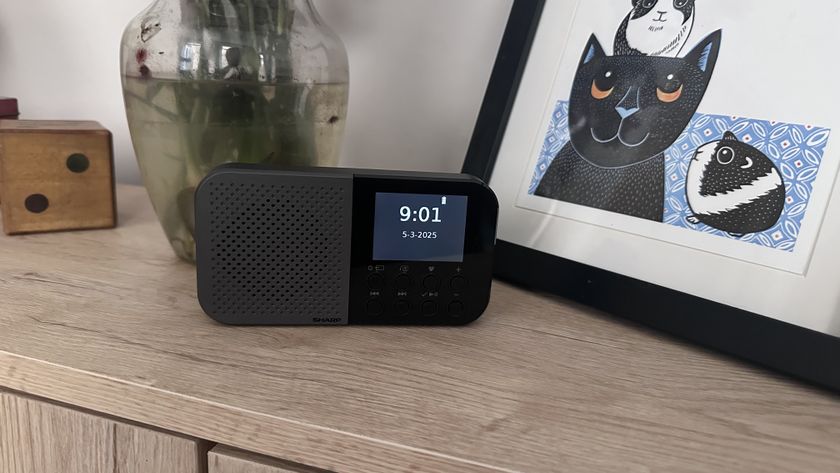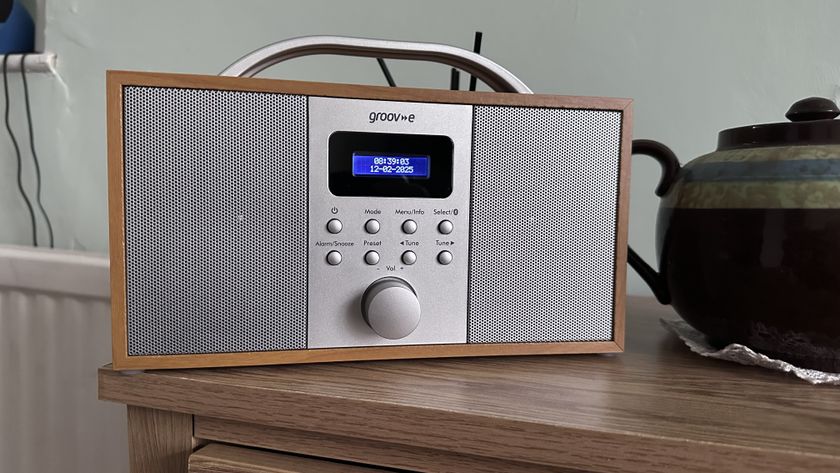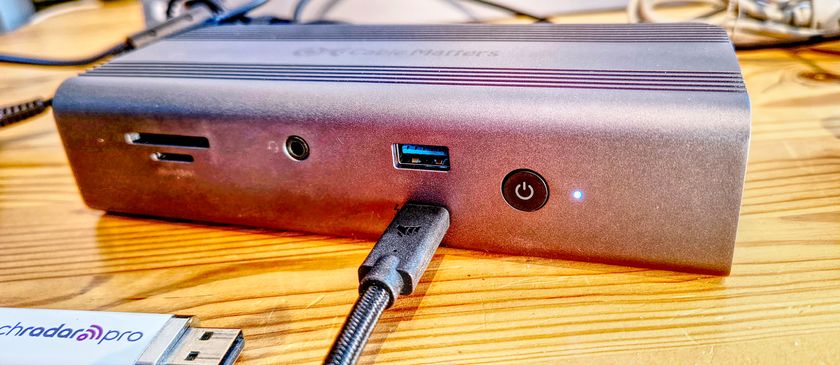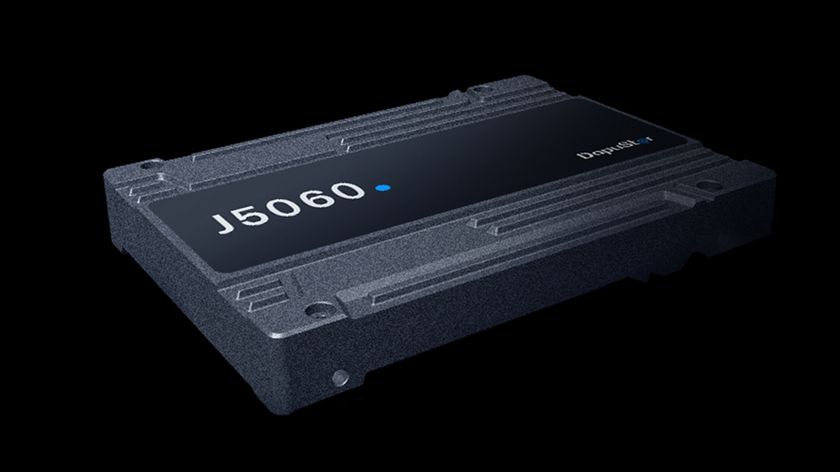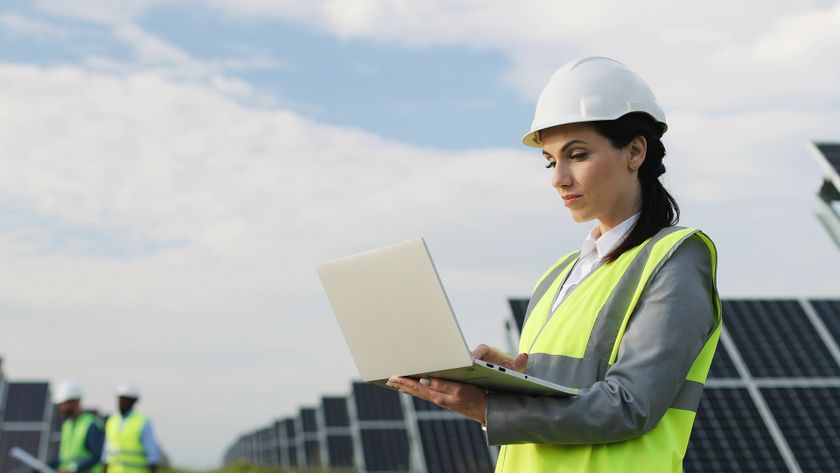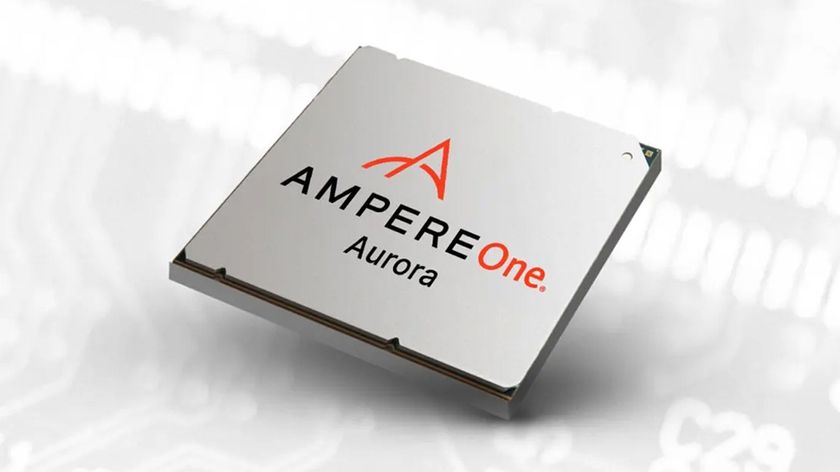Interview: The future of digital radio
DRDB boss Tony Moretta on DAB, DAB+ and internet radio
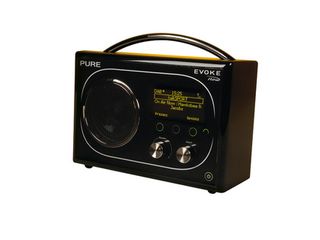
TechRadar: What of the future for internet radio?
Tony Moretta: Radio needs a dedicated digital broadcast platform. Despite what some people say, DAB is the only option, the only way of doing that. The internet, IP, cannot be the future of radio. It is not free at the point of access, because you need to be paying your ISP for your broadband, or your mobile provider for mobile coverage. I mean, you read some stories about 'internet car radios' - but how is that going to work? You are either going to drive very slowly down a road of terraced houses and hope that there are enough unsecured Wi-Fi networks or you are going to have to connect via your 3G phone!!
TechRadar: What about WiMAX?
Tony Moretta: I know a fair bit about WiMAX, because we were looking at it at my last company. WiMAX is a long way off. The problem with WiMAX is that you need to build a completely new national network. It is a cellular network, so the sort of numbers of sites needed are not TV and radio site numbers, they are mobile phone sites. So it requires a massive, multi-billion pound investment. Who is going to make that investment now? Typically, you would imagine it would be the telcos that would make it, but they are concentrated on making more and more use of their 3G networks aren't they?
So I think it is going to be a long time before WiMAX happens and even then you are going to have the same issues. Why would you use an IP network like that for broadcasting something, say for example such as Wogan, to millions of people live, while it is on? Digital Radio is going to be a mixed economy. Just as with Digital TV, where most people use digital terrestrial television (DTT), but a lot of people have digital satellite, a lot of people have cable, some use the iPlayer, and so on. And radio will be the same. But you need a broadcast platform for the majority of listening and DAB is the only option there. It really is the only option.
TechRadar: What is the significance of the year 2015 in the switchover time-plan?
Tony Moretta: That year has been mentioned because the DRWG has said that on current forecasts, based on organic growth, you will probably reach that 50 per cent of listening figure by 2015. Now that is without the bold plan that Digital Britain is talking about that it would like to see happen. What the government says is that they might switch off some analogue services two years after that, so that is why some have said that switchover could happen by 2017. So the earliest that [analogue to digital radio switchover] could happen is 2017.
Get daily insight, inspiration and deals in your inbox
Sign up for breaking news, reviews, opinion, top tech deals, and more.
So basically once we reach that 50 per cent tipping point the government will put in place a timetable. That will also relate to existing analogue licenses for commercial radio stations, so I think the plan would be at that point relating mainly to national services and also local services that had achieved a listenership of 90 per cent or more on DAB within their area – these services would then have two years to make the migration from an analogue/digital mix to digital-only. So in essence the government will adjust the licenses of existing commercial radio stations.
Don't forget that it is a commercial decision for the commercial radio sector. If you think, "Okay, only 20 or 30 per cent of my listeners are listening to me on analogue – and that is worth a certain amount – and I know if I go digital only they will migrate anyway, and we will help them do it and the switchover is in a few years. But actually if I stop transmitting analogue then I'll save all this money on what I'm paying for my transmission and my analogue license." So they will make a commercial decision. They will say, "actually it is worth our while to switch off our analogue service in two years time."
It is also about making sure people have an easy route to digital. So if you have £15 DAB radios (like you can get £20 freeview boxes). You have technologies such as Pure's Highway to adapt cars that don't have DAB as standard – and that technology is only going to develop and get better and easier and cheaper. Plus don't forget that people can listen in on their TVs, their PCs, mobile devices or whatever.
TechRadar: The government's Digital Britain report mentions tackling certain 'structural problems' before switchover.
Tony Moretta: Again, that is about the cost issue – things like reducing the barriers to entry, cost of access, things like making sure that a commercial station might want regional opt-ins, to do regionally-targeted advertising and so on. That's also one of the things mentioned in the DRWG.
TechRadar: Moving on to talk about the criticisms that the DRDB is focusing too heavily on DAB at the expense of DAB+ technology.
Tony Moretta: DAB+ is a complete red herring at the moment. It is not particularly a different technology. It is like with anything, if you bought a PC eight years ago and you buy a PC now, you are not going to buy the same technology as you had back then. If you are launching a new digital TV network, you wouldn't use the technology that is there straight away now. If you look at the technology that is involved in high definition on Freeview, for example, they are having to go to DVB-T2 instead of DVB-T, but it is not backwards compatible. So they are going to have an issue – anyone who has a HD-ready TV is going to have to buy a new box to get HD on it.
So the reason why the Australians, for example, are using DAB+ is because they are launching digital radio now. They have no history, no legacy of DAB out there. DAB+, like anything else, if you are using the latest codec, it gives you some technical advantages. So the issue then is – what does DAB+ give you? It does allow a more efficient exploitation of radio spectrum, so you can get more on it. Not an issue right now, because there isn't too little capacity out there, right now. DAB+ enables better audio quality if you use the same capacity, but the reality is that the vast majority of people are not that bothered about the audio quality.
You will get some audiophiles that take issue with that – and you have spoken to some of them recently – but our recent research (and OFCOM's research) shows that 88 per cent of users voted DAB audio quality as 'good or higher'. Some of these audiophiles will be dismissive of the general public and say, for example: "Well, what do people know? They pay the same price for an album on iTunes as they would on CD, when on iTunes it is compressed far more than on CD?"
Well, in fact, that is a good analogy, because it shows that the vast majority of people are more bothered about convenience and fitting in with their lifestyles, than they are about audio quality.
To do DAB+ it would cost a lot more for the broadcasters right now – they would have to change certain standards, they would have to use up more capacity than they need to do it, they would have to effectively bypass or switch off the nine million or so DAB radios already out there. How is there any case for doing that right now for the sake of a small number of audiophiles?
0.5 per cent of all audio products sold are Hi-Fi products. Still, an audiophile might turn around to me putting this argument forward and say: "Still, that's tough. The broadcasters have a duty to provide the best audio sound quality that they possibly can."
Well, 'A' they don't. And 'B' 88 per cent of those with DAB radios are perfectly happy with the sound quality that they are receiving. It is not as if you sit in a chair – unless you are an audiophile - with a pair of high-end headphones on and a £4000 Hi-Fi system listening to music on the radio. Digital radio is a secondary listening medium. My view is, if you are an audiophile, then fine, I wouldn't criticise you for that! If you are a real audiophile, perhaps DAB might not even be for you. If you want to hear classical music in the best available quality, then you will buy the CD. Or you might want an internet radio to get a better quality stream.
Just as if somebody is really into HD, then they will get Sky HD, if they are really into picture quality. You will pay the extra and get that because Freeview won't be good enough for you, or whatever. It is the same with radio. The problem is that there a few very vociferous audiophiles that are commercially naive. And they actually do have a vendetta against the BBC and a conspiracy theory that the BBC is somehow intentionally damaging audio quality or something in supporting DAB.
It is just commercial reality. It is always a balancing act with new technology. Right now there is no real benefit of introducing DAB+ in the UK either for users or for broadcasters. But there is a massive disadvantage in doing it, in that you would effectively switch off those nine million or so digital radios already out there. Now why on earth would you do that?
Now over time that might change and we are in favour of new radios coming out that are DAB+ compatible.
Current page: The future of internet radio
Prev Page Listeners talk back to their radios Next Page DAB versus DAB+
